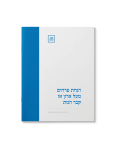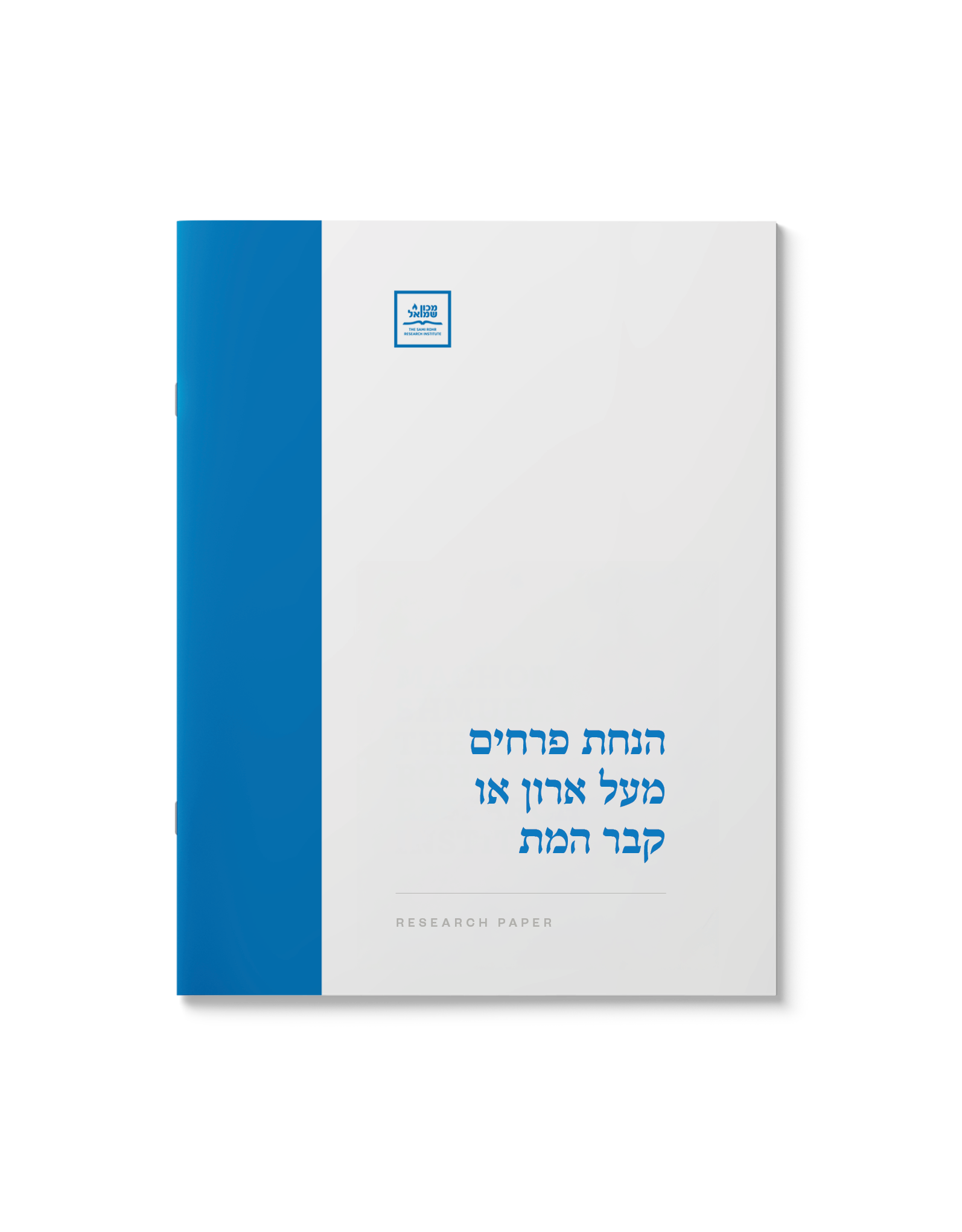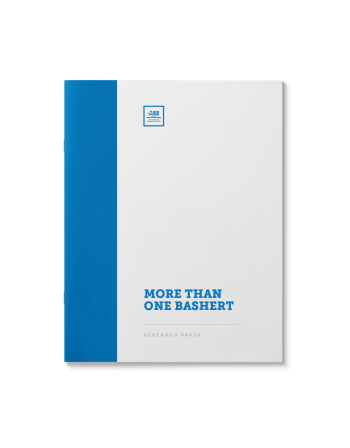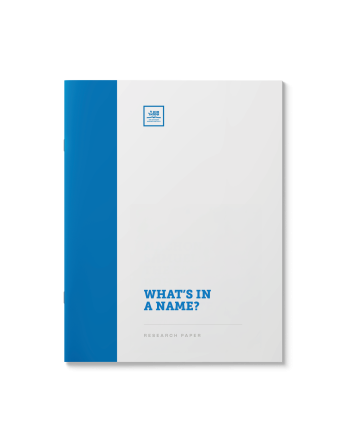הנחת פרחים מעל ארון או קבר המת
$39.00
האם מותר להניח פרחים מעל ארון או קבר המת? הבנה יסודית בהגדרת האיסור והטעמים שלא ללכת בחוקות הגויים, מביא אותנו לסכם את שיטות הפוסקים בדין הנחת הפרחים.
| Language | Hebrew |
|---|---|
| Paper Type | Research Paper |
| Pages | 17 |
Related Products
Many Jews won’t cut a boy’s hair until he is three years old. What is the history of this custom? What lessons does it hold for us? And does everyone have to keep to it?
Guidance from contemporary Poskim on the permissibility of contraception. Reviewed by a Moreh Hora’ah.
Emulating G-d’s example, we are encouraged to visit and tend to the sick. Our presence is assured by the Talmud as having the power to heal a portion of the patient’s suffering. Does Halacha provide guidelines for the visitor in the performance of this mitzva?
Prayer, too, is an integral part of this mitzvah. What particular prayers should be said for their recovery? What about assisting the individual in the recitation of prayers during their final moments?
A cornerstone of our belief is that a life of good deeds is rewarded with “a world that is truly good” in the Hereafter.
Is there another way? Can one “purchase” eternal reward on the open market? Can you get the “deal of a lifetime” (or the afterlife!) on ebay?
What are the Halachic principles of such a transaction? Can one buy or sell such ‘intangibles’? Would the transaction by valid, legal tender? Do “free market principles” and “art of the deal” apply? How does this compare to the historic partnership of Yissachar-Zevulun?
Includes a collection of stories about tzadikim who engaged in such “commerce” throughout the ages for the benefit of klal Yisroel.
מסתבר שכולנו בקיאים בתורה, או ליתר דיוק – היינו. אכן, במעי אמו, מלמדים להעובר כל התורה כולה. אלא כי רגע לפני צאתו לאויר העולם, בא המלאך ומשכחו. מהי אפוא מהותה ומטרתה של לימוד זו? ללמוד כדי לשכוח?
Were Jews historically buried in their own cemeteries? Why may
gentiles not be buried in a Jewish cemetery? This paper includes a review of a
number of ancient Jewish cemeteries around the world.
From the moment Avrohom circumcised himself at 99, the Jewish Bris has been the pivotal act of Jewish identity throughout history. It is at this moment that a Jewish boy is given his name. Yet when a bris must be delayed for medical reasons, can the parents give him his name anyhow, or must the boy remain nameless until the Bris takes place?
What are the earliest sources in the Torah for the commandment, purpose and benefit of Taharas Hamishpacha and Mikvah?
לא טוב היות האדם לבדו. סקירה על דבר משמעות טובת האדם והתועלת שנוצרה על ידי בריאת האשה, על דרך הפשטני והמדרשי. עזר כנגדו.
Why reducing the sanctuary of the soul to a pound of ashes is an unforgivable sin.
Love is not bound by time. Even after a loved one passes on, they continue to live on in our hearts; we treasure the memories of the times we spent together and immortalize them through noble deeds.
But may we communicate with them after they’ve gone? The Torah (Devarim 18:11) instructs us to avoid all occult arts, such as sorcery, divination and necromancy. What are the details of these laws and what practical relevance do they have?
Related: Familial Bonds in the Hereafter and תפלה על קברי צדיקים
Table of Content
(21 PAGES)
Query from a Shliach in France















